
PhD course at the IFSA 2024
Given the excellent response of participants at previous IFSA PhD courses (held at all IFSA conferences since 2012), we will also offer the course at the IFSA 2024! The PhD course is entitled "Systems Thinking in Practice (STiP) in PhD Research - How to contribute to addressing challenges faced by farming systems".
The PhD course will be held from 28 June till 4 July 2024 (incl. the IFSA conference) in Trapani (Sicily) Italy, hosted by CREA.
Impressions from the PhD course in April 2022, in Evora (Portugal)
Impressions from the PhD course at the IFSA 2018 in Chania (Greece)
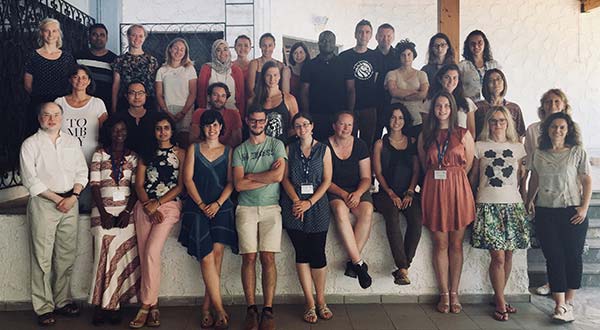
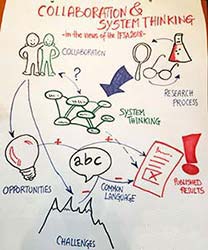
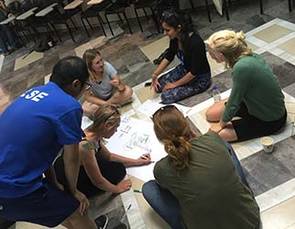
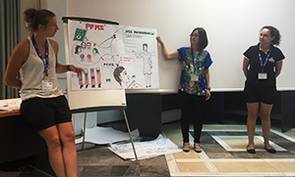
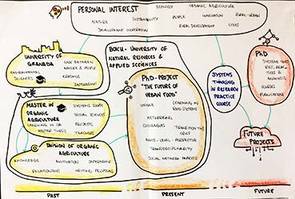
Impressions of the 2016 PhD course in Newport (UK)

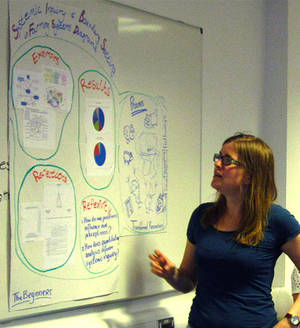
The course was held around the IFSA 2016 and lasted from Sun. 10 July to Sat. 16 July 2016. It was designed and delivered byDr. Chris Blackmore, Prof. Ray Ison and Prof. Nadarajah Sriskandarajah, with inputs by Dr. David Gibbon and Dr. Giuseppe Feola. It was attended by 27 PhD students.
The aim was for participants to consider how research plays a key role in appreciating how purposeful transformations related to farming, food, rural areas and environment are realized in different parts of the world. It considered the increasingly multifaceted complexity of issues of sustainability, water, food and soil security and climage change in relation to food and fibre production and consumption, in addition to the maintenance or enhancement of ecosystems services and the concomitant enhancement of rural livelihoods.
The course was designed to help PhD students to develop their skills in contextualizing their research, to make connections among issues using systems thinking and thus to improve their ability to work both strategically and purposefully in relation to transformations.
Among other, the students were introduced to systemic inquiry, which is an alternative way to organise programmes and projects, so as to be better able to manage the complexity and uncertainty associated with living in a world where complex and uncertain issues like adapting to climate-change and sustainability are increasingly important.
The 2014 course: Systems thinking and practice in PhD research
The course was organised by N. Sriskandarajah and Ray Ison, with inputs form Richard Bawden, David Gibbon, Egon Noe and Giuseppe Feola
The course was attended by 23 participants from 12 countries.
Programme for the course during the IFSA 2014
Presentations
Chris Blackmore: Introduction and Critical social learning systems
Egon Noe: How different systems traditions might engage in farming in the future, and bridging systems approaches

